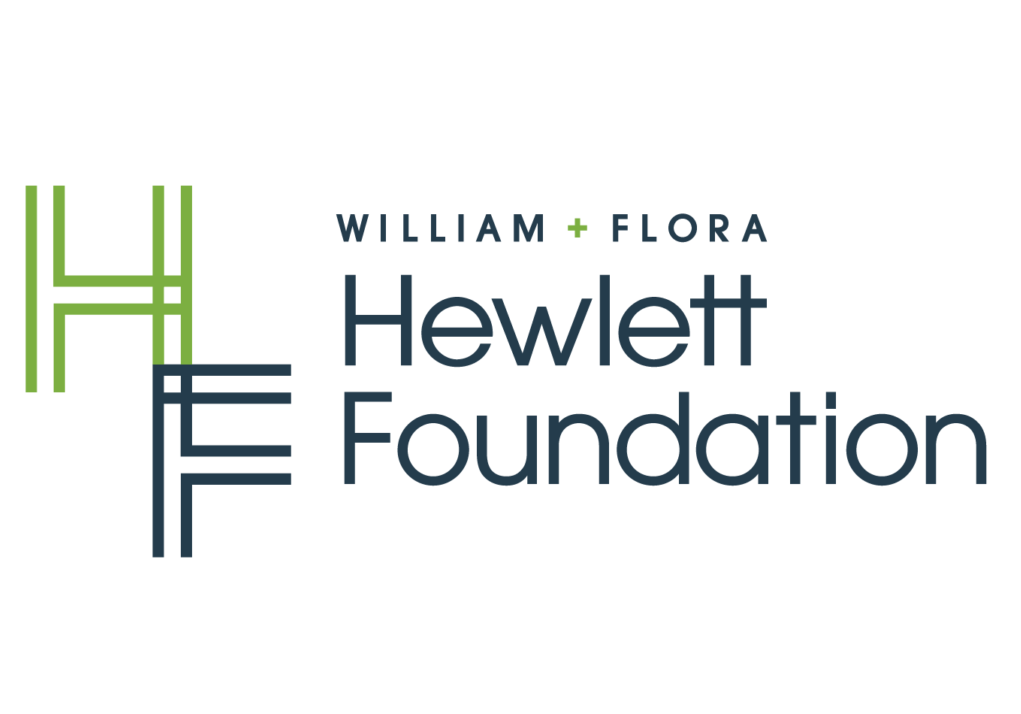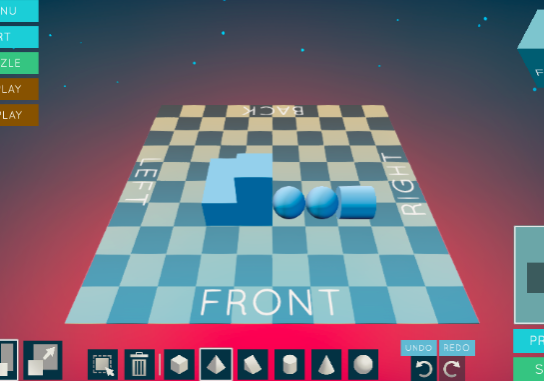The Education Arcade partnered with The William and Flora Hewlett Foundation to consolidate and disseminate current research on the use of games for learning.
All Projects
STEP and TEA explore the playful side of the learning process. Our research-driven design results in games, tools, and curricula that support playful, exploratory learning. This includes active and archived projects.
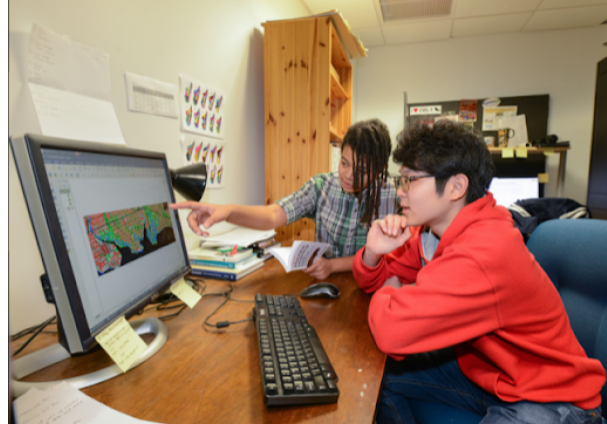
Preparing High School Students for Endeavors in Machine Learning (SRMPmachine)
MIT STEP Lab partners with American Museum of Natural History to offer AI education to underserved youth in NYC.

Everyday AI for Youth (EdAI)
Everyday AI for Youth (EdAI) is a research and design project examining the impact of a professional development model for educators learning to teach their middle school students about artificial intelligence (AI). The EdAI project is a collaboration between MIT, Boston College, and partnering school districts and out-of-school time (OST) program providers. It is a three-year project involving roughly 30 middle school teachers and over 900 middle school students, who engage with AI concepts and tools. Central to the intervention is the Developing AI Literacy (DAILy) curriculum consisting of a series of existing AI and “Ethics and AI” activities. EdAI gives middle school teachers the training, content knowledge, and pedagogy to engage middle school students in AI, and prepare them for computationally-intensive industries of the future, particularly those that incorporate AI technologies.

Tragedy of the Commons (PSim)
Tragedy of the Commons (ToC) is a Psim game about economics and population biology.
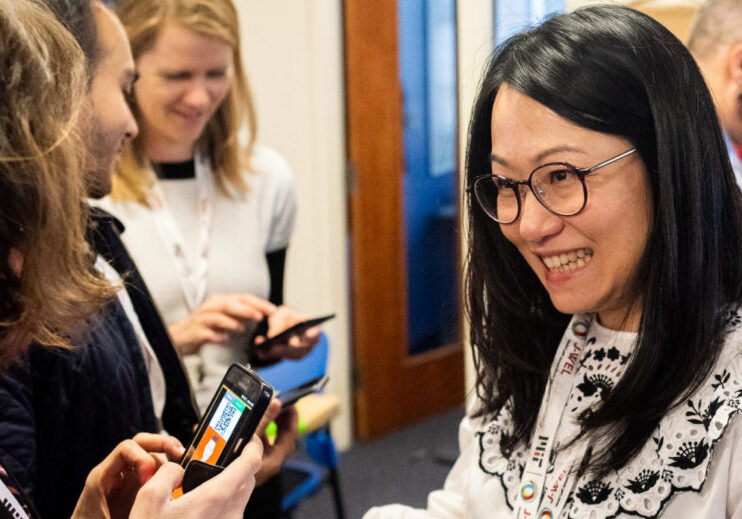
Virus Game (PSim)
Players draw on each other’s observations to develop a hypothesis and agree on an experiment to conduct.
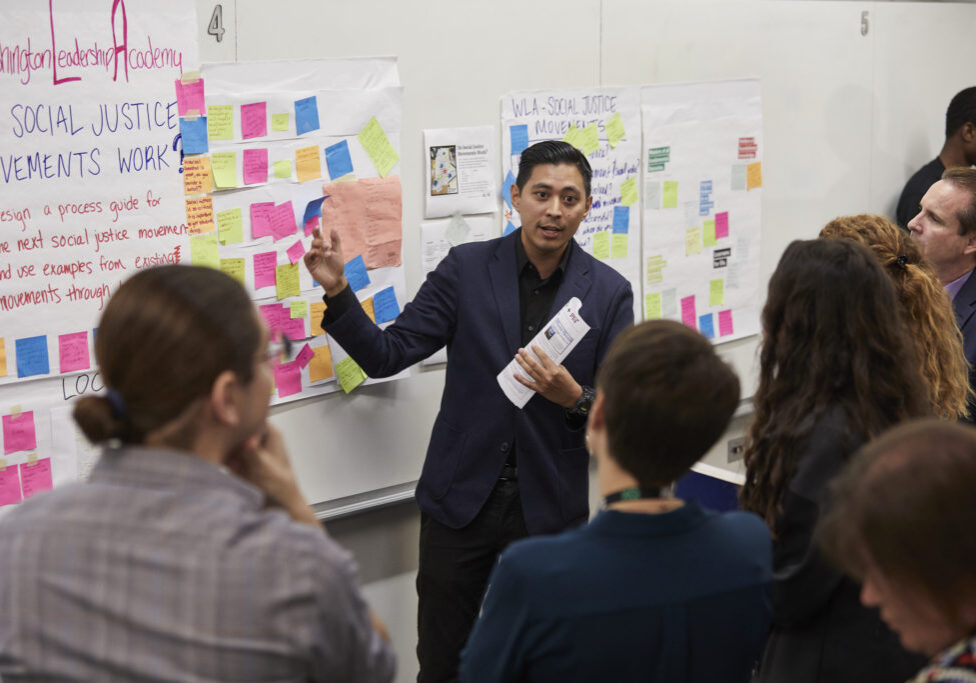
Project-Based Learning Networks
Teacher professional development centered on Project-Based Learning and designing lessons that are student-centered and inquiry-driven

StarLogo Nova
StarLogo Nova is a programming environment that lets students and teachers create 3D games and simulations for understanding complex systems.
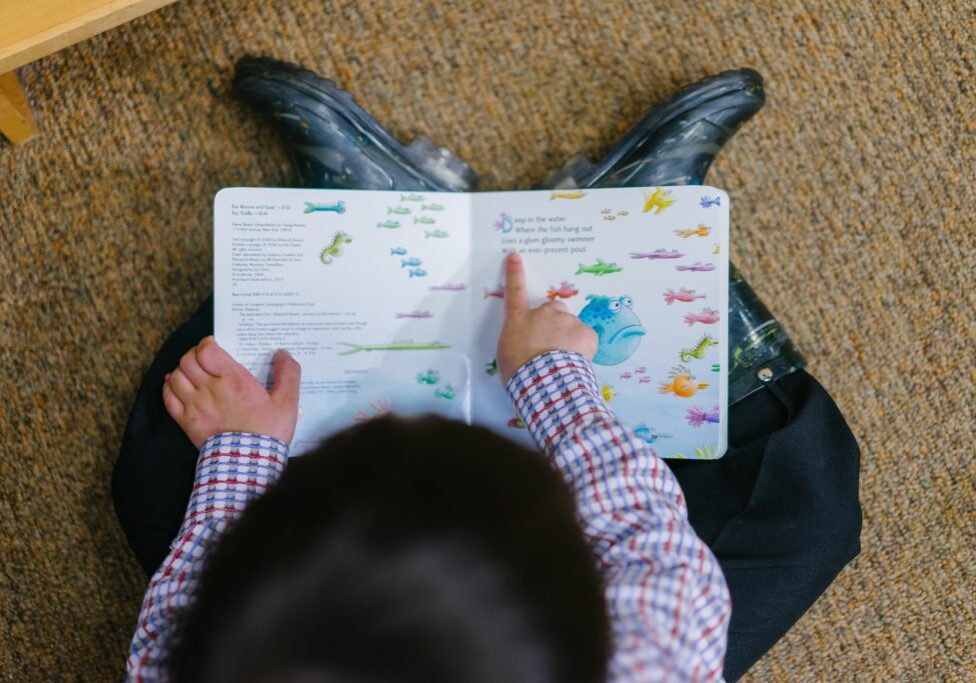
Reach Every Reader
Reach Every Reader is a collaboration across Harvard, MIT, and the Florida Center for Reading Research, supported by the Chan Zuckerberg Initiative. The goal of the larger project is to bring together a number of strands to create a support system that enables every child to become a strong, confident reader.

pSims (Participatory Simulations)
The MIT STEP Lab has developed a suite of mobile-device enabled activities called pSims, short for participatory simulations. These pSims leverage mobile devices (e.g., smartphones) to enable participants to engage in active, inquiry-based learning through their interactions with the simulation, and coordination and discussion with one another.
